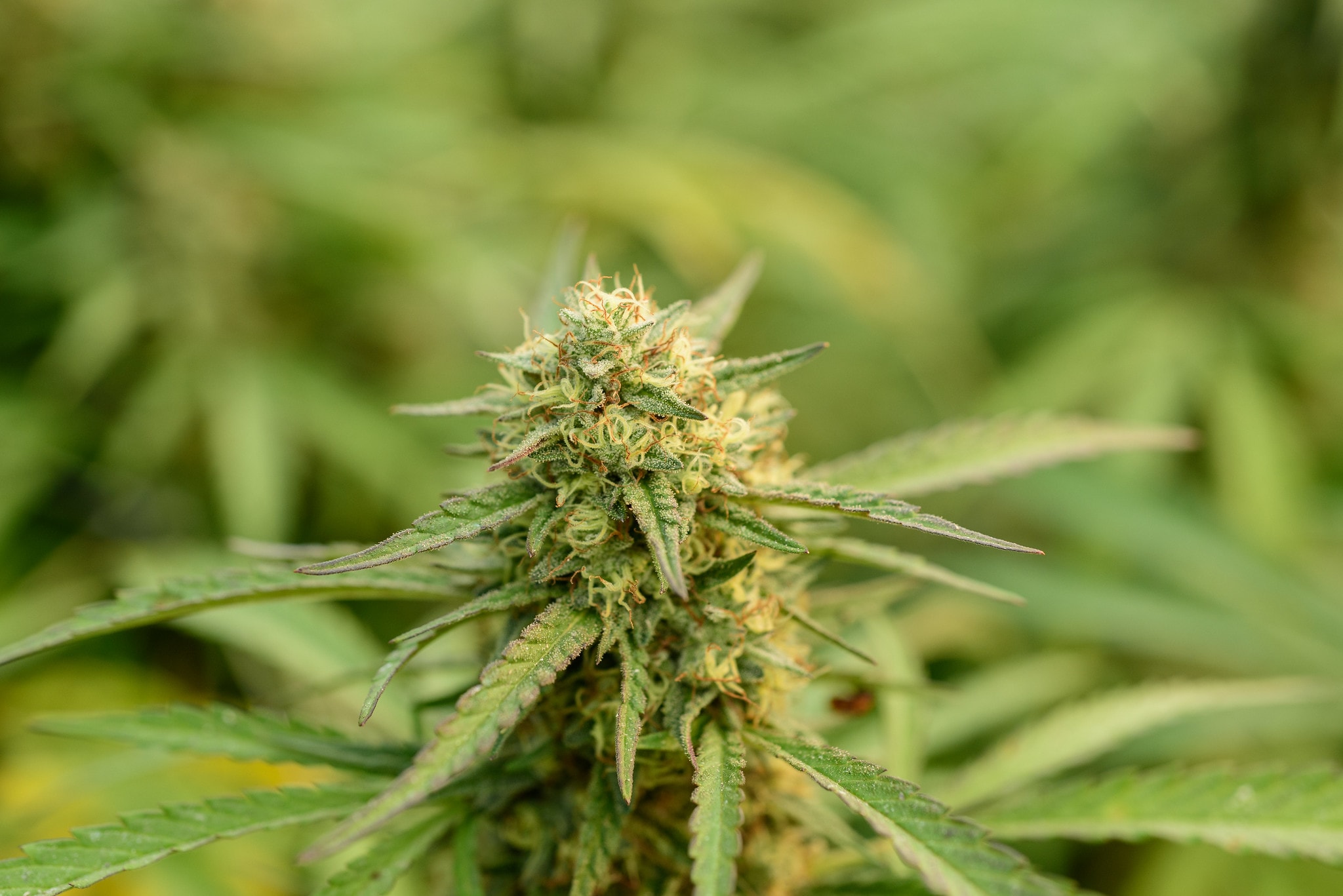Share this post
Categories
WTF is a Cannabis Strain?
September 17, 2021

By Andrew Ward
Cannabis information is expanding exponentially as social acceptance for the plant grows. As knowledge grows, so too do the various types of cannabis, commonly known as strains.
As cannabis options diversify and we learn more about the plant, now may be the ideal time to remember the science behind cannabis and how it can fit into your future conversations with friends, budtenders at dispensaries and fellow vapers.
What's In A Name? Strain Versus Cultivar and Varietal
The facts around cannabis remain the same, but the terminology often changes between the exact and informal. A prime example is “strains.” Many consumers and industry professionals call types of cannabis the colloquial slang term, which is actually a scientifically accurate term when referring to bacteria.
Others prefer more botanically accurate phrasing, like cultivar or varietal, that detail the plant variety and style. Proponents of the latter tend to point out the cultivar is a more botany-specific term that describes the classification of the plant’s characteristics, or taxonomy. Today, many that use strain in their vocabulary use the principles of taxonomy and cultivars when describing each cannabis type.
Regardless of your word preference, the facts remain the same. Each cultivar produces unique effects, with their cannabinoid and terpene profiles making all the difference. Compounds like cannabinoids and terpenes act synergistically to create The Entourage Effect, which many believe delivers the most optimal cannabis consumption experience.
Let's Talk About Indica and Sativa
Two of the most commonly used cannabis terms might not be as accurate as one may think.
The terms indica and sativa are scientifically inaccurate, with some researchers calling them a nonsensical distinction. Unlike using strain over cultivar, which is relatively harmless, using indica and sativa as a plant metric can lead to less than ideal consumption experiences. The two terms are frequently used to describe a cultivar's effects, be it sativa's oft-associated euphoric feelings, or indica's couchlock.
Thanks to generations of cross-cultivation, few true indicas and sativas remain on dispensary shelves. Instead, most varietals are now hybrid strains to some extent. The two terms become more inaccurate when considering how a cultivar's profile can change from batch to batch even with the same grower.
The incorrect usage of the terms doesn't mean that indica and sativa should be written off as mere cannabis colloquial terms. The two remain botanically accurate descriptors for the external elements of the flower. Phytomorphology, or morphology, is the study of a plant's physical structure. First discovered was cannabis indica, with shorter, more stout cultivars. Cannabis sativa, and its much taller, more narrow plant, was discovered second.
Researchers have proposed a different type of classification, instead focusing on the chemotype, also known as a chemovar. More commonly, these compounds are known as terpenes. While the idea has its support, the ongoing discoveries regarding terpene characterizations could limit its current efficacy.
The Importance Of Preserving Unique Plant Genetics
As an influx of cannabis strains reach the market, we must preserve the genetics of top plants. While it may not be possible to recover the original indicas and sativas lost to history, preserving critical, unique plant genetics is possible.
ABX is a firm believer in retaining these cultivars and their unique effects through extracts, sharing the results with you. We make it possible through advanced production methods.
Flash freezing fresh cannabis is one of the most vital methods to retaining the full profile. Once cut from the stalk, sticky, resinous flowers go into a freeze dryer until ready for extraction, preserving terpenes while reducing plant degradation. You can find examples of flash-frozen flower across ABX's roster of live and non-live strain-specific extracts and cartridges.
The New ABX Strain Library Is Here
ABX is proud to help everybody find their ideal experience. The recently launched Strain Library makes searching for the perfect cultivar and effects more straightforward than ever before.
We kept the indica and sativa distinctions to help anybody still using the terms. We've also added an array of feelings to select from. Pick your preferred strain, find the cannabis products that match your preferred consumption methods and see which products suit you best.
Remember, we don't need to throw out the old as the cannabis world becomes more refined and scientific. Embracing everyday phrasing along with the botanically accurate helps everyone understand the plant in technical and everyday terms. That is particularly the case with strains. By embracing the casual and precise, we give ourselves the best shot to understand the plant and the consuming community as each grows.